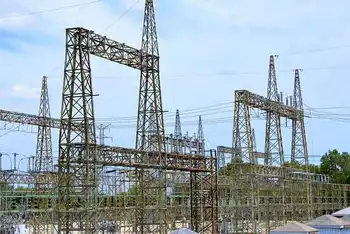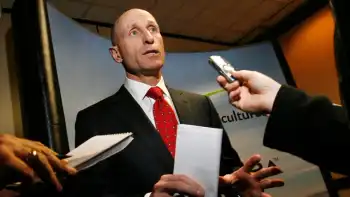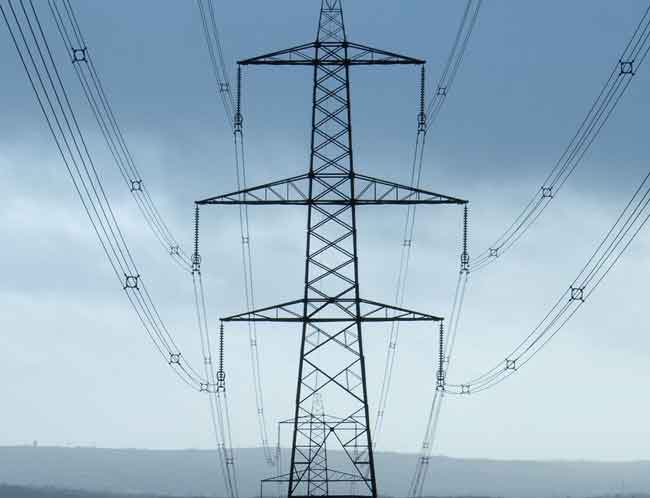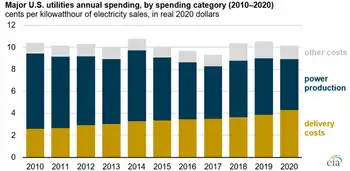Minnesota Signs Deal With Manitoba Hydro
WINNIPEG -- - The Minnesota Public Utilities Commission has unanimously approved a $1.7 billion power export deal with Manitoba Hydro.
It allows Minneapolis-based Xcel Energy to import power from Manitoba Hydro, despite the objections of aboriginal groups.
The 500-megawatt, 10-year deal was given the go-ahead.
It's an extension of an existing deal and will allow power to be exported until 2015.
Approval by Canada's National Energy Board is pending.
The Minnesota decision is a blow to the Pimicikamak Cree Nation of Cross Lake, Manitoba. They had asked the commission to first call a formal hearing into the social and economic impact of historic hydro development on their homeland.
Related News

Russian Strikes Threaten Ukraine's Power Grid
KYIV - Ukraine Power Grid Attacks intensify as missile and drone strikes hit substations and power plants, causing blackouts, humanitarian crises, strained hospitals, and emergency repairs, with winter energy shortages and civilian infrastructure damage worsening nationwide.
Key Points
Strikes on energy infrastructure causing blackouts, service disruption, and heightened humanitarian risk in winter.
✅ Missile and drone strikes cripple plants, substations, and lines
✅ Blackouts disrupt water, heating, hospitals, and critical services
✅ Emergency repairs, generators, and aid mitigate winter shortages
Ukraine's energy infrastructure remains a primary target in Russia's ongoing invasion, with a recent wave of missile strikes…




